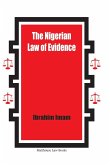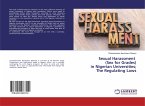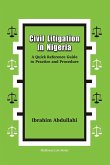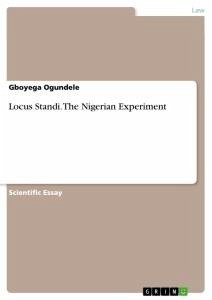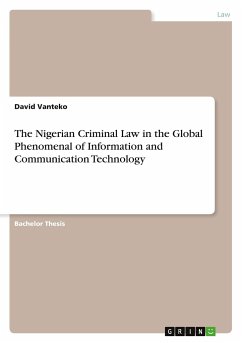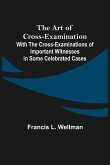The Evidence Act, 2011 has laid down the procedural framework for the effective examination of witnesses. In this work, an account is given of the principal rules governing examination-in-chief, cross-examination and re-examination of witnesses carefully spelling out their scope and limitations as well as their relevance to trial advocacy. Such an account can hardly hope to be entirely satisfactory because it is concerned with regulations that are either matters of common knowledge or else can be thoroughly mastered only by experience. The research adopts the doctrinal method of research and is based on primary and secondary sources of information. Thus, garnered sources from statutes, texts, published articles, including journals, law reports and information from the internet would be consulted and included. The research also seeks to identify the lacuna(s) under the Act with respect to this subject and proffer such recommendations as may be necessary in achieving a more effective examination of witnesses.
Hinweis: Dieser Artikel kann nur an eine deutsche Lieferadresse ausgeliefert werden.
Hinweis: Dieser Artikel kann nur an eine deutsche Lieferadresse ausgeliefert werden.



